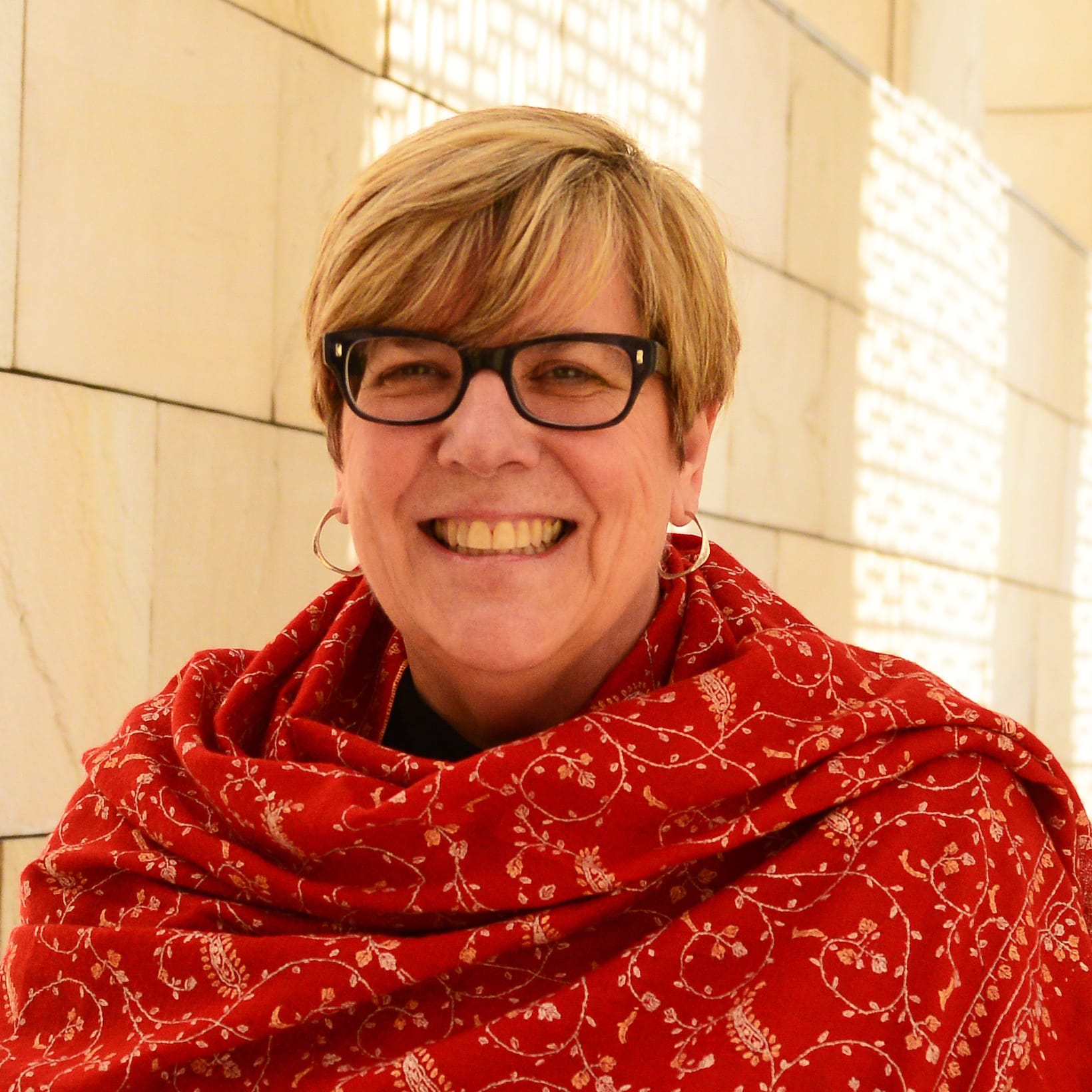About the event
Everything you were afraid to ask about sustainable finance
As part of Skoll Centre’s Research Seminar Series, Gayle Peterson, Associate Fellow and Skoll Visiting Fellow joined colleagues Marya Besharov and Sean Hinton, Professor and Skoll Centre Academic Director, Skoll Executive in Residence, to discuss her upcoming book, Good, Evil, Wicked: The Art, Science, and Business of Sustainable Finance (expected in early 2023).
Gayle’s research spans a decade and involves interviewing 1,800 CEOs and senior executives across five continents and 20 countries. It also includes experiences in the classroom with more than 800 executives from 80 countries. The book provides candid insights and cautionary tales about the successes of social investors across the sustainable finance ecosystem of philanthropy, impact investing, development finance and ESG.
Gayle directs the Oxford Impact Investing Programme and the Oxford Social Finance Programme and co-founded Women Transforming Leadership. Gayle has managed and assessed more than $20 billion in social investments and has more than 25 years of experience in sustainable finance. She believes community-based investments have the greatest impact.
They discussed a case study featured in the book on the role of leadership and cross-sector partnerships in launching Humanity United’s Working Capital Fund. The fund partners include Apple, Microsoft, Walmart as well as Open Society. It supports technology development to track slavery in the supply chain.
Key takeaways
What is behind the title of Good, Evil, Wicked and how does it apply to Sustainable Finance?
Good is what we all want to achieve with our investments. Evil is a play on Googles former directive—don’t be evil. Wicked are complex problems embodied by the UN Sustainable Development Goals.
Why is art relevant in sustainable finance?
Art plays an important role in social investing. In the early days of impact investing, foundations like the MacArthur Foundation used program related investments to create loan programs to help arts organizations sustain themselves. They were pioneers in the field. More recently, impact investing has taken a major role in promoting the creative economy. From a leadership perspective, a common theme that emerged in interviews was that leaders need to be creative and artistic in sustainable finance in creating lasting systems change—whether developing deals, new partnerships, or working with the community.
What is the role of leadership in sustainable finance?
Leadership to tackle the world’s most complex issues requires creativity evidence and business skills to address them. There is very little written about the role of leadership in impact investing or sustainable finance. This book is an effort to capture the role leaders play in influencing the positive and negative outcomes of social finance.

